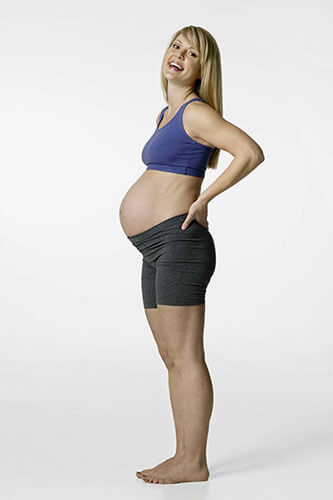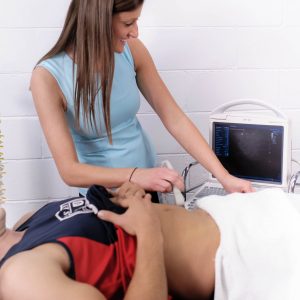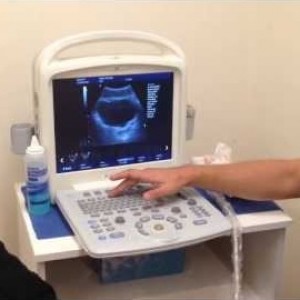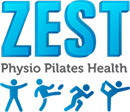Problems with bladder and/or bowel control (incontinence) is a very common issue. According to the Continence Foundation of Australia, women who have even just one baby are nearly three times more likely to leak urine and wet themselves, than women who have not had a baby. The more babies you have, the more common the occurence of urinary incontinence.
- Accidently leaking urine with exercising, laughing, coughing or sneezing
- Needing to go to the toilet in a hurry, or not making it in time
- Constantly needing to go to the toilet
- Finding it difficult to empty the bladder
- Accidently passing wind or losing control of their bowel
- Prolapse: in women this may be felt as a bulge in their vagina or a feeling of heaviness/pulling/dragging/dropping. In men this may be felt as a bulge in their rectum or a feeling of needing to use their bowels but not actually needing to go
- pain in their pelvic area
- painful or poor sensation with sex
- Pregnancy
- Childbirth
- Menopause through changes in hormone levels
- Chronic straining of the bowels such as with ongoing constipation
- Chronic coughing such as witasthma, smoking or hayfever
- Frequent urinary tract infections
- Prostate problems
- Pelvic and back injury
- Repetitive heavy lifting
- Being overweight and generally unfit, usually with a BMI>25
- Regular heavy lifting or impact seen with elite athletes
- Women who have undergone gynaecalogical surgery such as hysterectomy
Research has shown that incontinence symptoms are actually avoidable by retraining pelvic floor muscles. At ZEST Physio Pilates Health we teach you how to use your pelvic floor muscles using the real-time ultrasound machine and specific pelvic floor exercise programs. We also provide you with education and guidance to specialists if your problem needs further investigation. Sometimes bladder and bowel problems are not the result of pelvic floor problems. If there is another issue early detection is important. Our physiotherapists can refer you towards the right pelvic floor rehabilitation specialist for your condition.

Assessment of Pelvic Floor


Our Physios can assess your pelvic floor non-invasively via real-time ultrasound.
Click here for more information regarding real-time ultrasound imaging.
Resources
The Continence Foundation of Australia has lots of fantastic resources for both women and men with pelvic floor issues. Check out their website for more information:
The National Continence Helpline is another recommended resource with expert advisors from 8am-8pm Monday to Friday.
FREECALL: 1800330066
Speak to your Physiotherapist about which services are best for you.
Recommended Practitioners
Our female Physiotherapists are experienced at managing pelvic floor related issues. Click on their names for more information about their experience:
